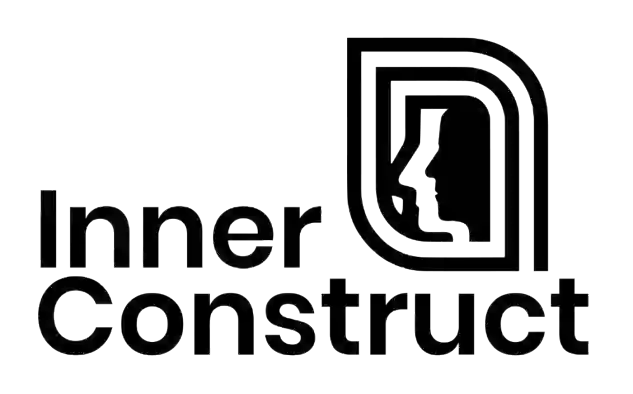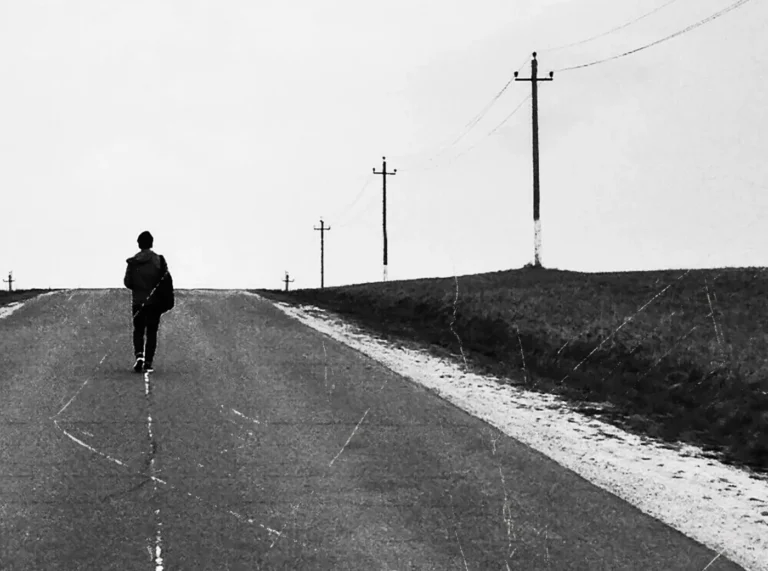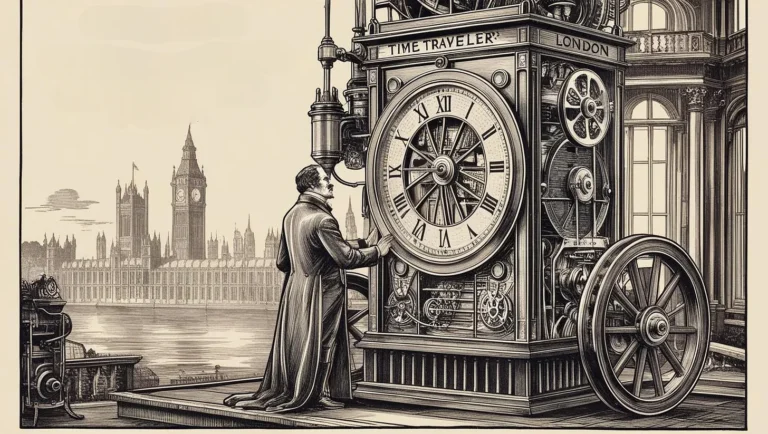To be truly aware

It is proposed that consciousness is different from awareness. Consciousness can be thought of as a dualistic, embodied, and embedded cognitive process, whereas awareness is a nondual and nonlocal process.(Vinod D. Deshmukh) . Conscious awareness, in perspective, is being aware of that consciousness, or, being aware of your awareness. Consciousness can exist without awareness, but awareness cannot exist without consciousness. (Reagan Myers)
Trauma is an emotional response to a stressful event, an internal shock to our system. Be it acute, chronic or complex trauma, what relates to them all is a loss of a sense of safety, an imbalance in our emotional regulation and a shock to our senses.
So what relates trauma and consciousness?
In hindsight, trauma is a scary experience , a painful wound , and consciousness is liberating, a breaking of limiting boundaries , a connection with what is within and without . Writing this blog, I wondered what would be the general outlook of combining the two, positive, as in one could be become aware of his deep-seated pains and aches and heal from them, or would it be perceived negative , as uncovering the deep wound below the bandage prematurely , that we ought to have kept covered, because of how horrendous it looks . Who says it could be one or the other, both , or neither of them?
Trauma , unfortunately isn’t bound by sound logic, linear patterns, the smallest abusive comment about our 7 year old bellies for instance, can turn into hellish body dysmorphia instantaneously . Years of sexual abuse can have a passive effect in the moment, only to be bundled up and hit an individual unwarranted decades later.
To be aware of the trauma , I wonder after all the years of person’s abuse, does it really help them? I mean they could’ve been functional, cheerful, with promising years ahead of them. Why tell them they were abandoned by their real parents? That would shock their world, it would only engulf their outlook with pessimistic darkness, it would have them lose trust with everyone and everything, shouldn’t we spare them that pain? Do we have the right to do such a thing? who cares if their current sense of wellbeing and stability is bounded by factual facts, rather than a blissful facade.
I’ve come to realize that trauma consciousness can have compound effects, that aren’t as liberating as I believed.
Negatives of Trauma Consciousness:
Self -doubt
To begin, an individual could be engulfed with infinite moments of self-doubt, dissociating from reality, did that really terrible occurrence truly happen? Not only can the past memories be blurry but so can the current living moments, making living , making it a distant dream. This kind of disconnection, makes one truly lose the timeline of his existence, making the dull spreadsheets at work ever so duller. The ill-fated effect has an individual question his current life dynamic, his sought aspirations, whether or not they truly weigh anything in the scale of all things.
Blame
Another point would be excessive blame, that is multifaceted. The first being towards thyself, as supposedly, self-aware, thumb possessing, neuro advanced creatures, we ought to have known better. Maybe if we weren’t so naive we wouldn’t be taken advantage as much, perhaps if we stayed home that day we would save ourselves from being assaulted, and only if we had done something different, our loved one would still be with us today. As distorted as these thoughts are on paper, they ring true in our brains, they torment us day and night, and we constantly keep imaging a present and future that is free of those aches and pains. Living with such ideas makes a hard life ever more difficult. As for the second face of blame, it would be towards others. Surely. We aren’t the only one to blame for all of our misfortunes, that’s too harsh of a thought, to withstand the weight of it all. Thereby, the alternative or rather co occurring perception is to blame others. Afterall, the fight was instigated by the other person, the abuser surely holds all the fault, the case in the court was rigged! It feels a bit better to believe that we aren’t the sole side in our misfortunes, that others, wicked people no doubt, planned our downfall. However good it may feel, on another note, it takes power away from us to take responsibility for what we can take responsibility for, be it prior, during and after the tragic event. Blaming others, is a futile effort in a lot of cases, as it doesn’t change what happened then, nor what will happen now.
Loss of Trust
The next not so great occurrence after becoming trauma conscious, correlates with the previous point, after utilizing so much of our limited energy blaming ourselves and others, without much initiative shown, one can begin to lose trust in himself, others, and the world. Trust fades away from oneself, because we ought to have been there for us when we needed it most, so much pain could’ve been prevented had we acted right, had we listened to our inherent gut. Losing that kind of trust, dismantles a person from the inside out, after all our thought process messed up then, what’s to say it won’t mess up now or in the future, why should we listen to the voices within? I mean which one of them is right anyways. Losing trust in others, follows the same logic, only outwardly, these “loved ones”, whom we poured our feelings to, betrayed us, left us and what hurst the most is that they failed to acknowledge any wrongdoing from their part. At best they would make light of it, it was an accident, a misunderstanding, and at worst, the finger would be painted towards us, at how careless we were, how naïve and how slow. Should we try to act upon the injustice, we might be prosecuted with words that heavily glorify forgiveness, and a turning of the other cheek, bounding us within the realms of confused inactivity. As for forgetting the concept of trust in the world, the collective unconsciousness, does little to invite trust in the first place, our interactions post trauma, solidify the idea. As we keep seeing the same abuse reoccurring over to strangers without much of a helping hand from the most capable. The abusers get away, protected even, blur within the fog of the shuffling inattentive community.
Addictions
A last point would be the indulgence in distractions to soothe the pain, be it destructive habits or crippling addictions. An addict, as society would label it, is a person that favored the immediate pleasures over the long-term benefits of sobriety. In hindsight, a drink can be used to medicate the pain, whether we are conscious or the trauma or not, pain is the common denominator. So, what’s the reasoning behind the act? It’s really not that simple of an answer. Some do it to take the edge off the pain, the momentarily pleasure is a distraction from what keeps us up at night and asleep in the mornings. Others do so to forget, to forget about it all, to sink to a different realm, where it’s not so dark all the time, who wouldn’t want to escape this dull existence anyways, regardless of trauma. An additional answer would be a lack of hope, and inexistent aspirations, and if that’s the case, then why bother with it, another blunt isn’t going to make much of difference with such a bleak future ahead. A last point would be to rebel, to rebel against the injustice of it all, to give the wicked society another thing to worry about, they took so much from us, why should we give anything back rather than burn it all to the ground.

Positives of Trauma Consciousness:
With so many points mentioned on the tragedies of trauma consciousness, my pen finds it hard to explore the benefits of such an awareness.
I sometimes wish, moments before I drift to sleep, that emotional trauma would be as visible as physical trauma. Perhaps, we wouldn’t need expensive and lengthy therapy sessions, as well as an experimentation with psychiatric medications as an immediate anesthetic, I mean the smallest of traumas would show and we could get help sooner, and I guess that’s a positive outlook. In the least the tumor in our hearts would get extracted before it engulfs it all, we wouldn’t have to lose everything, friends and family, careers, and everything we hold dear, before we notice the war within.
The positives of being trauma aware encompass the healing and understanding that follows the determination of willful and deep exploration. Meaning, being aware of it by itself isn’t the positive aspect, especially if one remains conscious without much action to follow it. The stagnation breeds the negative occurrences we mentioned above and may shut the slim chance to heal, that is bound by a finite timeline.
Self-Understanding
To begin trauma consciousness paves the door to better self-understanding. Not only do we get the origins of our triggers, but also what our values are, what are our goals and aspirations we feared we would lose to the pits of our turmoil. This kind of reconciliation feels almost like the gentle hand of a guardian guiding our adolescent pained selves down the path of healing and restoration. To know thyself, truly, is a journey, one to which the shock of trauma instigates and provides the potential of an upward spiral in an individual’s acceptance of themselves.
Sympathy
The other potential upside of trauma awareness would be the improved general sense of warm sympathy towards oneself and others. To go through hell, consciously, and come out through the other side, gives one the window to view the origin and effects of acute suffering. The hell we cross is filled with other troubled souls, fighting countless demons much like ourselves, with everything on the line. It’s that viewpoint that gives us a sense of community, the pain we share brings us together , and through one another we can cross over to the pearly gates. This is part of why support groups are ever so essential in healing, sympathy from those similar to ourselves is weighed in gold.
Maturity
Another upside would be the acquisition of greater maturity and wisdom. With much that was taken away, much is given back with that right kind of processing. I have to draw a line here between becoming hypervigilant, as a survivor of trauma, and positive organic growth. With the former, I refer to the instance where one might learn survival skills to live in a world post trauma, be it learning to live on one’s own prematurely because of an abusive household, or mask oneself to avoid further trauma to live within those doors. As for the latter, it encompasses finding the inner personal strength and accommodating belief system that allows one to create positive space between the past traumatic experience and the now. This space motivates one to understand not only the dire effects on his being, but how they transpired, what can be taken away from it, and most importantly to explore the new found meaning it has on one’s world view.
Self- Actualization
Lastly, only in my view of course, there are countless other benefits to trauma, it would be unlocking the door for self- actualization. This is the considered the top of Maslow’s Hierarchy of needs, preceded by basic needs, food and water. Then safety needs such as shelter, and from there we find relationship needs and a sense of belonging . After that comes esteem needs and respect form oneself and others. Most people may never reach the pinnacle of self actualization, as they are preoccupied by fulfilling the existing needs, and that’s not necessarily a bad thing, it takes a lot of work and reflection to reach such a stage. Trauma helps us become self actualized because it breaks down who we thought we were, with all the masks and adherence to societal expectations, and allows us to build ourselves a new, with true authenticity and acceptance. Moreover, another key to self actualization, related to traumatic experiences, related to the previous point, would be a new found independence, cultivated by a newly discovered inner strength. That’s not to say that traumatized people didn’t get help along the way, but rather the courage it took them to ask for help and put in the sweat in healing, was self propelled. In addition, independence, doesn’t mean the person becomes allergic to help in their new found sense of being, but they realize that each person possess insane amounts of talents, skills, knowledge and strengths, and only by coming together can we progress forward. Furthermore, the upward positive movement that comes from healing from trauma can be greatly associated with finding a new sense of purpose and meaning in life. Dr. Victor Frankl believed that behind suffering are countless doors of meaning, and that by finding and exploring that meaning, suffering can cease to be suffering, and a timeless purpose can be found beyond it. This purpose, not only tackles one’s purpose bound by his existence, but with the empathy gained that we’ve mentioned before the purpose becomes world centric. This purpose reflects one’s best self, potential and gifts they can bring to the universe, with an overarching desire to dedicate one’s life to a cause greater than themselves.

Conclusion
This blog was a culmination of personal experiences, with an inspiration from multiple timeless books and resources. We’ve tackled what relates trauma and consciousness, the positives and negatives that encompass such an awareness. As drastic as it may be to notice the deep wounds of trauma and the compound effect of such a knowing, there always will be ways to transcend them and unlock the keys to a new profound method and purpose behind living.
– Yazeed Almahi




